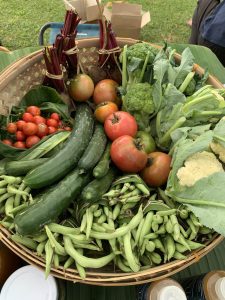Biodynamic farms have a significant positive impact on the environment. By reducing or even eliminating the use of synthetic chemicals, biodynamic farming helps maintain ecosystem balance and reduces soil and water pollution.
One of the main ways biodynamic farming protects the environment is through crop rotation and the use of cover crops. Crop rotation helps prevent the buildup of pests and diseases and maintains nutrient balance in the soil. Cover crops, on the other hand, help prevent soil erosion and increase organic matter content in the soil.
Biodynamic farming also promotes biodiversity by encouraging farmers to grow various types of plants and raise livestock. This biodiversity helps create ecosystems that are more resilient to environmental changes and external disturbances.
Additionally, the use of natural and environmentally friendly biodynamic preparations helps improve soil and plant health without harming the surrounding ecosystem. These preparations support the activity of microorganisms in the soil, which are essential for nutrient cycling and plant health.
With its holistic and sustainable approach, biodynamic farming not only produces healthy and high-quality food but also helps preserve the environment for future generations. Biodynamic farming is a tangible example of how responsible agricultural practices can contribute to the health of our planet.








